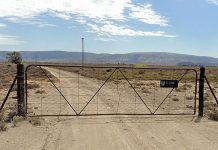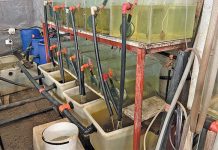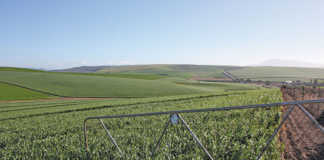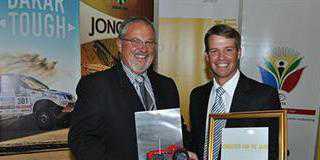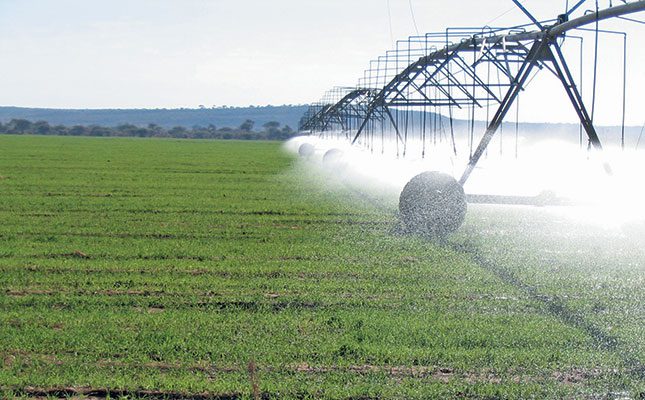
Alwyn Kraamwinkel, CEO of the South African Milk Processors’ Organisation, told Farmer’s Weekly that the reintroduction of load-shedding did not come as a major surprise, as it was well known and regularly communicated that the power grid was under pressure.
The extent of the load-shedding, however, was unexpected, and the fact that it came without any warning might have caught some producers off guard.
“Load-shedding should not have a major impact on commercial primary and secondary producers, as most of these by now have invested in generators and/or other alternative energy systems. Using these alternatives, nevertheless, will drive up production costs,” Kraamwinkel said.
Jannie Strydom, CEO of Agri Western Cape, agreed that farmers in general were better prepared for load-shedding, and that that these preparations had a huge impact on the bottom line of farms.
“We are currently in the middle of the wine and pome fruit harvesting seasons in the Western Cape, so packhouses and cellars will be forced to use alternative energy systems to alleviate the impact of load-shedding.”
Strydom added that irrigation would not be a major concern for crops that were currently being harvested, but it remained necessary for later varieties.
“Some late apple and pear varieties are harvested up until April and it is essential that they continue to receive sufficient irrigation water.”
Strydom and Kraamwinkel both hope that load-shedding will come to an end by the end of the week, as Minister of Electricity and Energy Dr Kgosientsho Ramokgopa alluded to during a press briefing yesterday.
Ramokgopa said during the media briefing that the load-shedding was not caused by sabotage, but that Eskom’s aggressive maintenance plan had resulted in the loss of multiple generation units at Majuba and Camden power stations.
Dan Marokane, Eskom CEO, explained that there was an overload on a transformer because of the start-up of a unit that was coming out of a long-term outage, which started the domino effect of reticulation supply cutting to the rest of the units.
“We understand the exact nature of how the event came about, and will be diving deeper into ensuring that, from a system design perspective, we can contain such occurrences going forward,” Marokane said.






